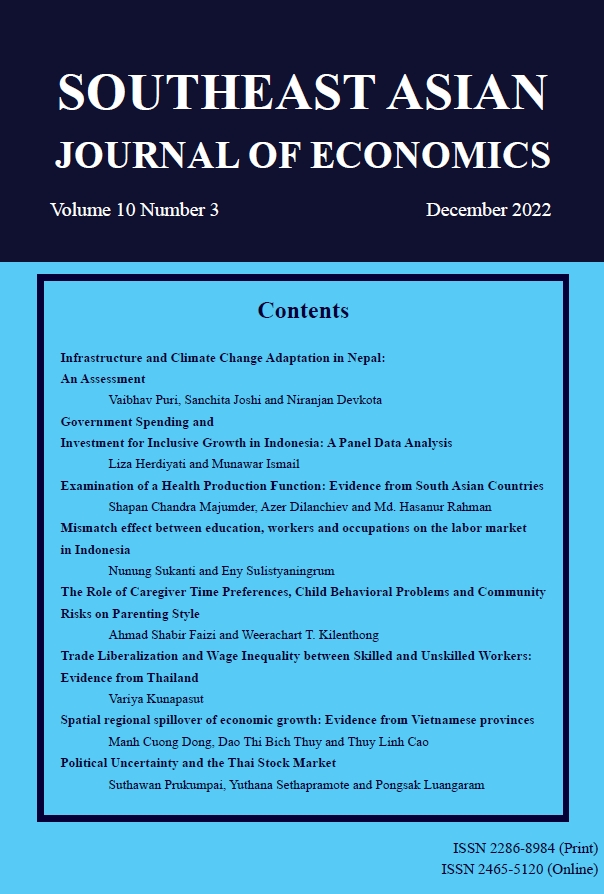Mismatch effect between education, workers, and occupations on the labor market in Indonesia
Keywords:
mismatch, overeducated worker, undereducated worker, instrumental variableAbstract
Indonesia experiences an increasing trend in the number of educated workers which has not been accompanied by a rise in occupations. Finding a suitable job without an educational background is quite hard. A rise in education created a situation of overeducated workers, where those with a higher education background are working in lower-skilled jobs. This is contrary to undereducated workers who have jobs in which more skills and knowledge are needed than provided by their educational background. Considering these situations, this study aims to determine the effect of the mismatch between the educational background of workers and their occupation on the labor market in Indonesia. This study uses the 2018 Sakernas data, specifi cally, workers aged 18-64 years and working full-time, and employs instrumental variable (IV) regression. The results showed a mismatch in the labor market between the educational background of the worker and occupations in Indonesia. Male workers tend to be overeducated in their occupation compared to female workers, and workers less than 35 years old tend to be overeducated. In addition, overeducated workers have a negative effect on wages, while undereducated workers have a positive effect.
Downloads
Published
How to Cite
Issue
Section
License

This work is licensed under a Creative Commons Attribution-NonCommercial-NoDerivatives 4.0 International License.
The submission of a manuscript implies that the paper is an original work and has not been published elsewhere. The author(s) authorize the journal to reproduce or distribute the paper in printed or other electronic forms.







